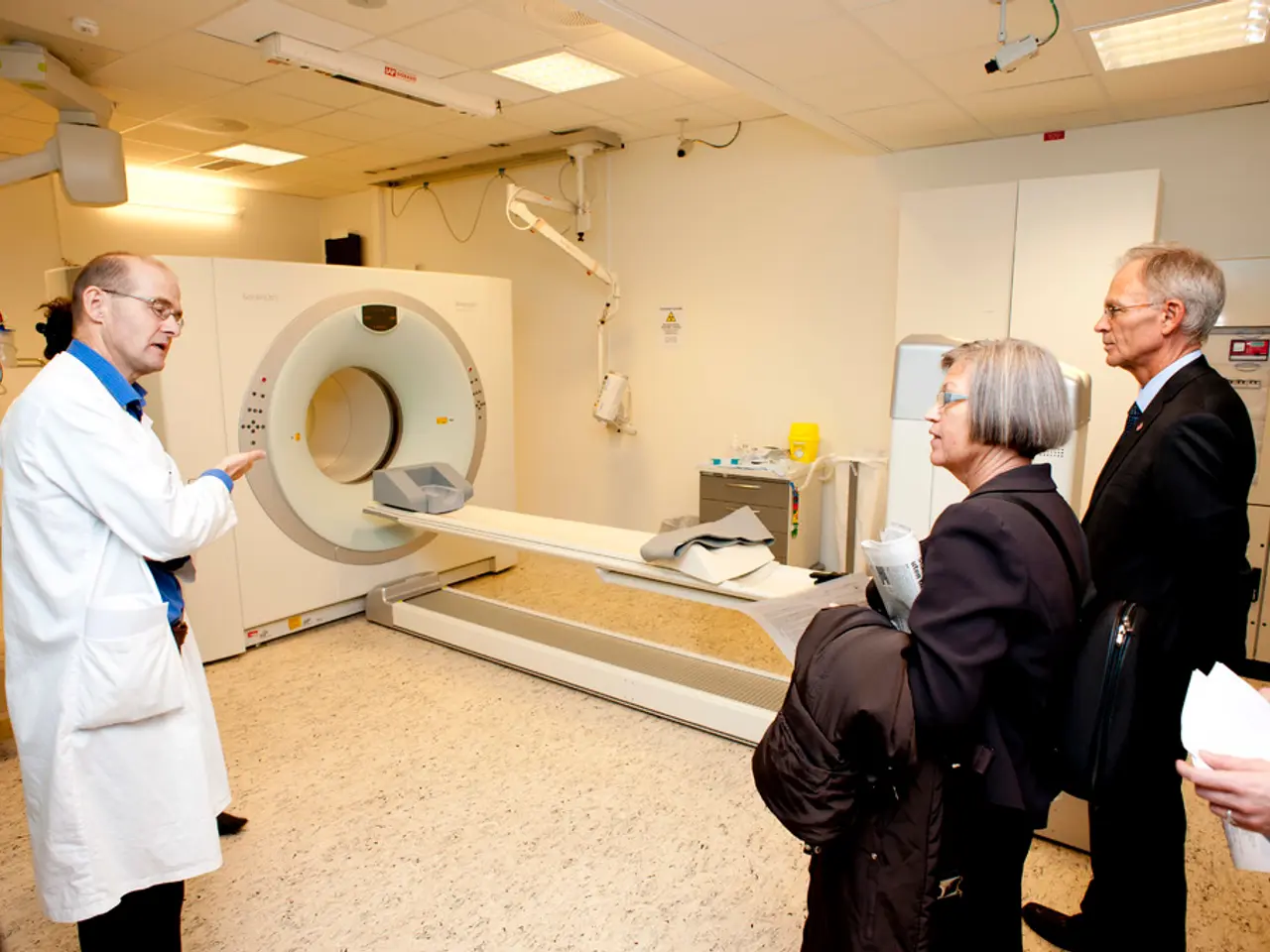Regulatory body initiates Early Access program to accelerate the integration of cutting-edge medical equipment
The Medicines and Healthcare products Regulatory Agency (MHRA) has announced a new Early Access Service (EAS), a controlled, time-limited market access scheme that allows manufacturers to supply promising medical devices to the National Health Service (NHS) ahead of full UKCA regulatory approval.
The EAS is designed to support innovators, including small and medium-sized enterprises, and aims to provide support to promising technologies that address unmet clinical needs or could significantly improve patient outcomes. The initial focus of the Early Access Service will be on innovative diagnostic devices that support the NHS's most urgent needs and financial sustainability.
Key elements of the EAS include conditional authorisation, regulatory support, linkage to broader reforms, and evidence generation focus. Devices will receive a time-limited, conditional approval under existing MHRA powers, exempting them from full regulatory requirements while requiring ongoing safety monitoring, data collection, and evidence generation to progress toward full regulatory approval. Innovators will benefit from structured MHRA advice, including help planning their regulatory pathway and engagement with NHS stakeholders to facilitate adoption.
The EAS will integrate with government initiatives and regulatory reforms, increasing post-market surveillance and international collaboration, and build on learnings from previous pilot schemes such as the Unmet Clinical Need Authorisation (UCNA) tool within the Innovative Devices Access Pathway (IDAP). The scheme encourages real-world evidence collection during the early access period, enabling better data to support subsequent full approval processes.
The MHRA's policy intent statement was published on 31 July 2025, setting out the initial framework and strategy for launch. The announcement in early August 2025 indicates a rapid move towards establishing the service, with stakeholder engagement and development of regulatory support infrastructure ongoing. Exact dates for when manufacturers can start applying or when devices can enter the scheme have not been specified but are expected imminently given the recent policy communications in August 2025.
It is important to note that aligning the Early Access Service with NHS reimbursement and commissioning bodies, such as NICE in England, is crucial to ensure products entering the NHS receive not only regulatory clearance but also pathways for funding and adoption across the system.
In summary, the MHRA's Early Access Service, launched in mid-2025, enables innovative diagnostic medical devices with clear unmet clinical need to gain conditional, time-limited access to the NHS ahead of full regulatory approval, supported by ongoing safety and data collection, MHRA regulatory advice, and integrated with broader health system reforms and collaborations.
For comments or questions, please contact Chris Whitehouse at [email protected].
References:
- MHRA. (2025). Early Access Service: Policy intent statement. Retrieved from www.gov.uk/government/publications/early-access-service-policy-intent-statement
- MHRA. (2025). Early Access Service: Consultation response. Retrieved from www.gov.uk/government/publications/early-access-service-consultation-response
- MHRA. (2025). Early Access Service: Stakeholder survey. Retrieved from www.gov.uk/government/publications/early-access-service-stakeholder-survey
- GOV.UK. (2021). Medicines and Medical Devices Act 2021. Retrieved from www.legislation.gov.uk/ukpga/2021/20/contents/enacted
- NHS England. (2023). NICE and the Early Access Service: Aligning pathways for regulatory clearance and NHS adoption. Retrieved from www.nice.org.uk/guidance/ng100/resources/early-access-service-and-nice-aligning-pathways-for-regulatory-clearance-and-nhs-adoption
- The Early Access Service, introduced by the Medicines and Healthcare products Regulatory Agency (MHRA), is designed to facilitate device innovation in the medical field, particularly diagnostic devices that address unmet clinical needs or significantly improve patient outcomes.
- This scheme focuses on supporting innovators, including small and medium-sized enterprises, and aims to provide a route for promising medical technologies to enter the National Health Service (NHS) before receiving full UKCA regulatory approval.
- The EAS integration with government initiatives and regulatory reforms, such as the Medicines and Medical Devices Act 2021, seeks to enhance post-market surveillance, international collaboration, and align with reimbursement and commissioning bodies like NICE in England to ensure funding and adoption across the system.
- In the realm of health-and-wellness, finance, business, and technology, the Early Access Service serves as a testament to the MHRA's commitment to promoting innovation and improving patient outcomes, while ensuring the safety and effectiveness of medical devices.




